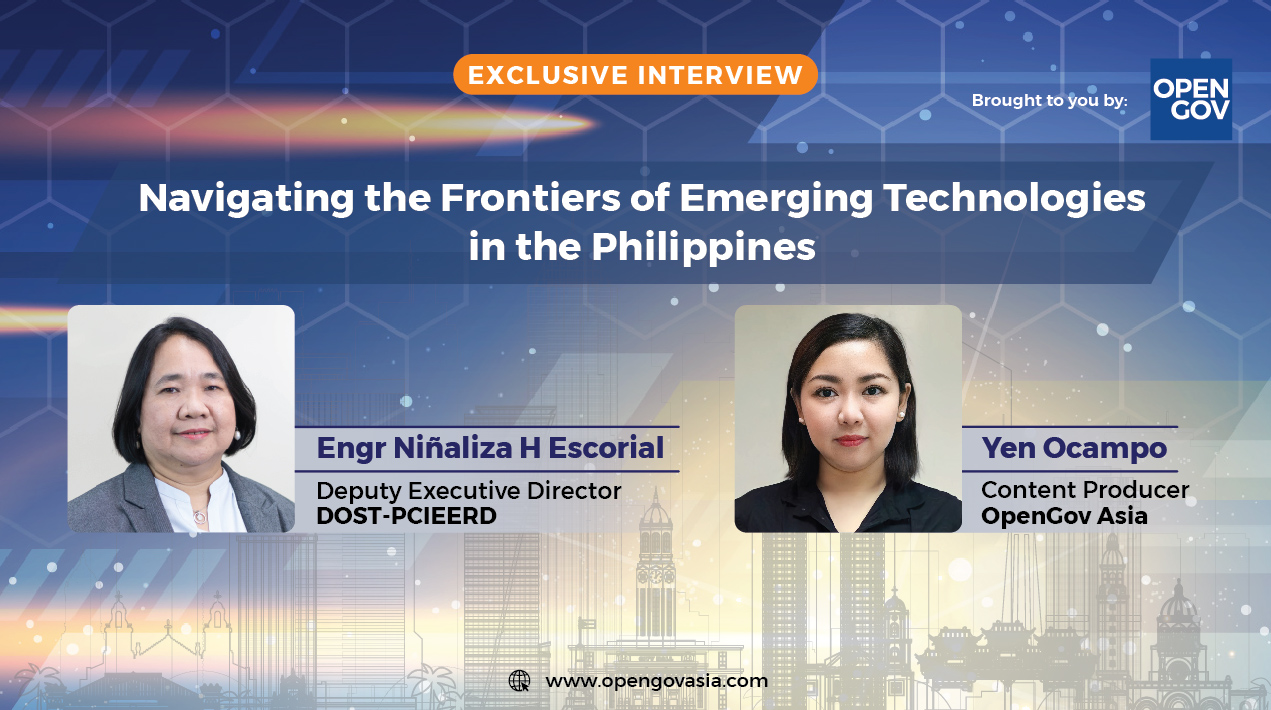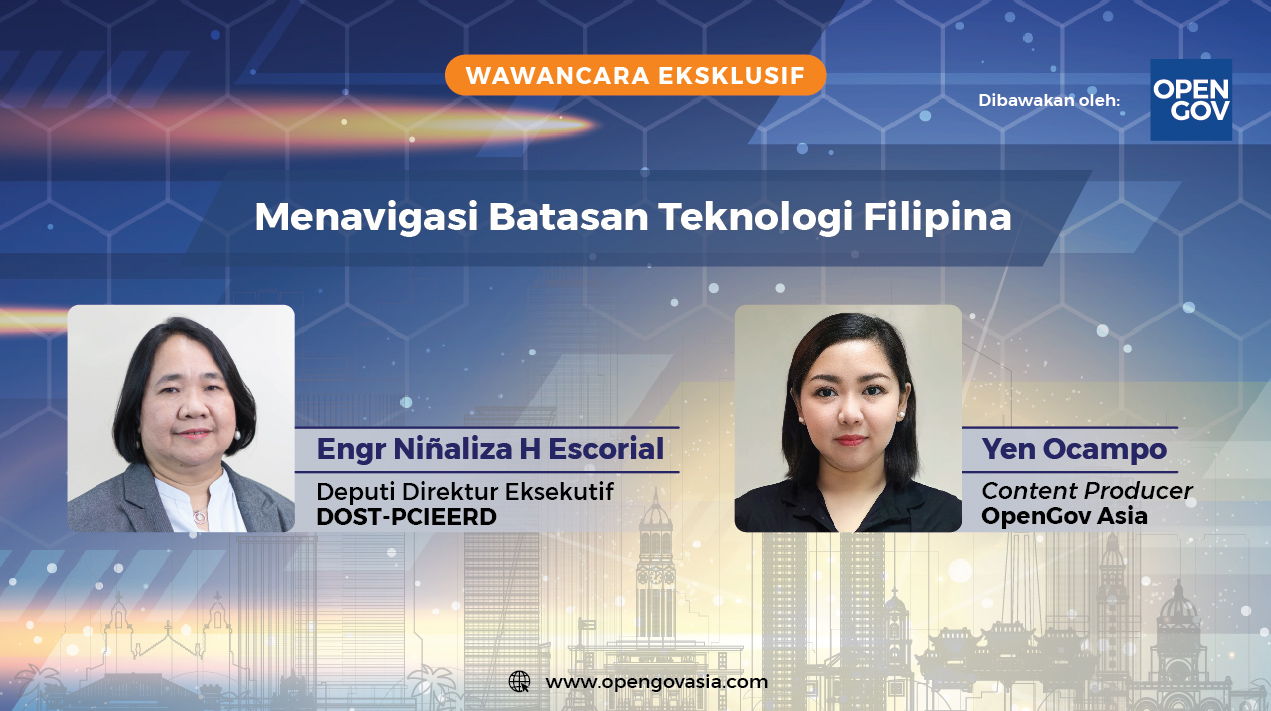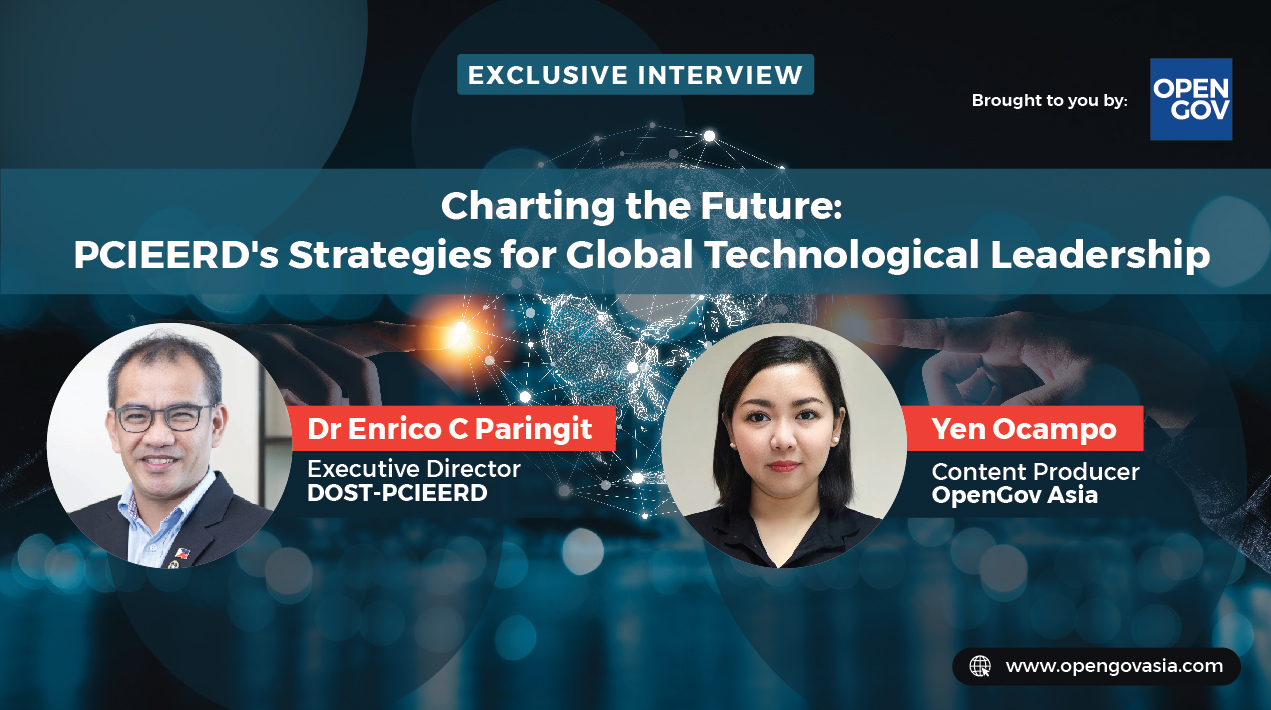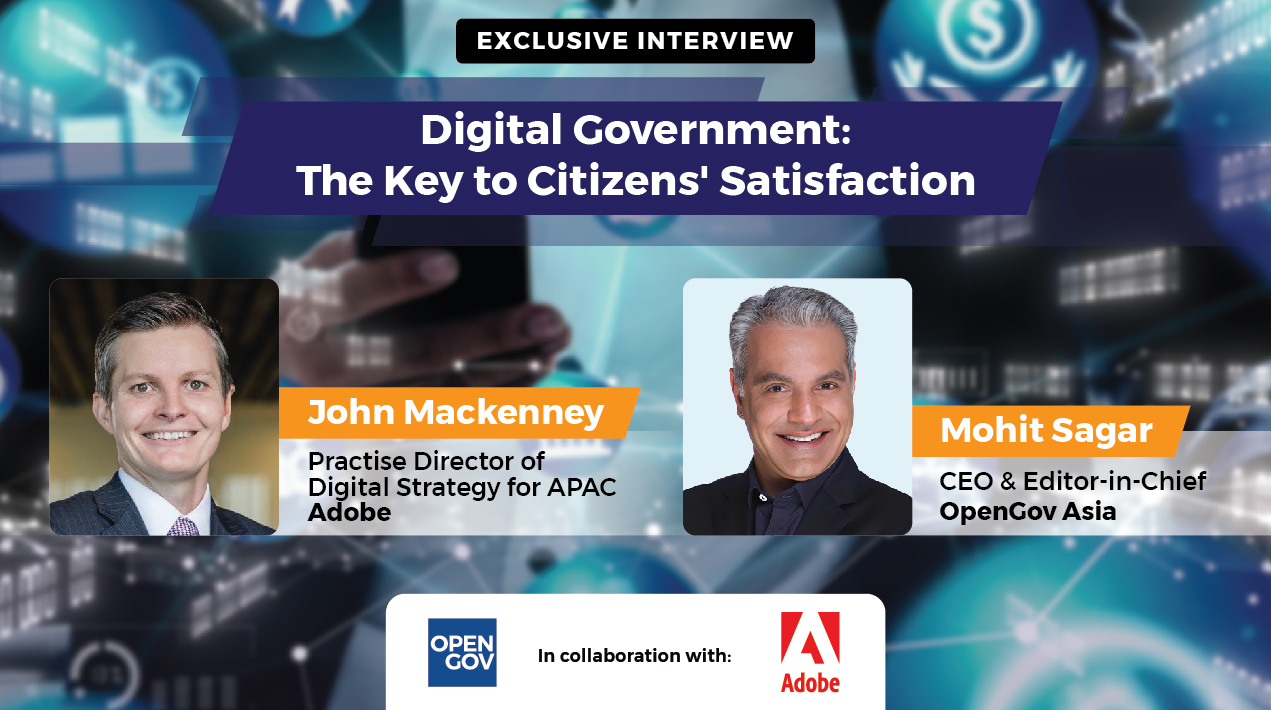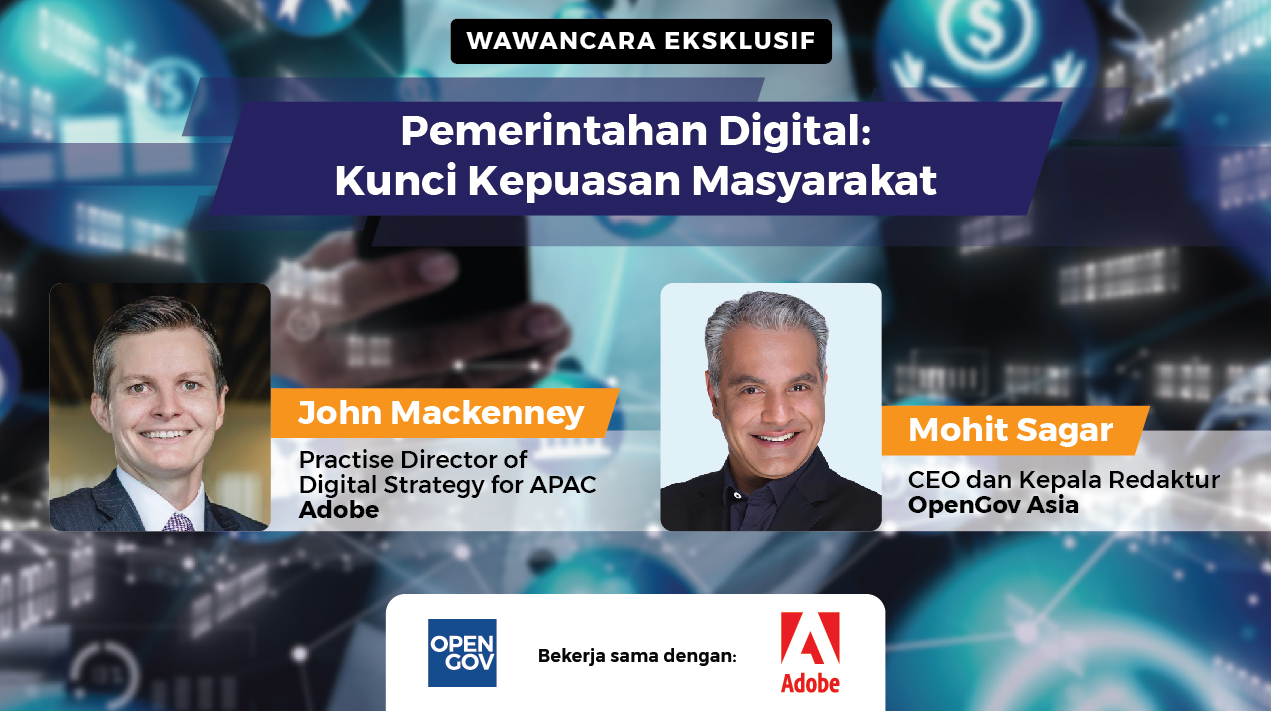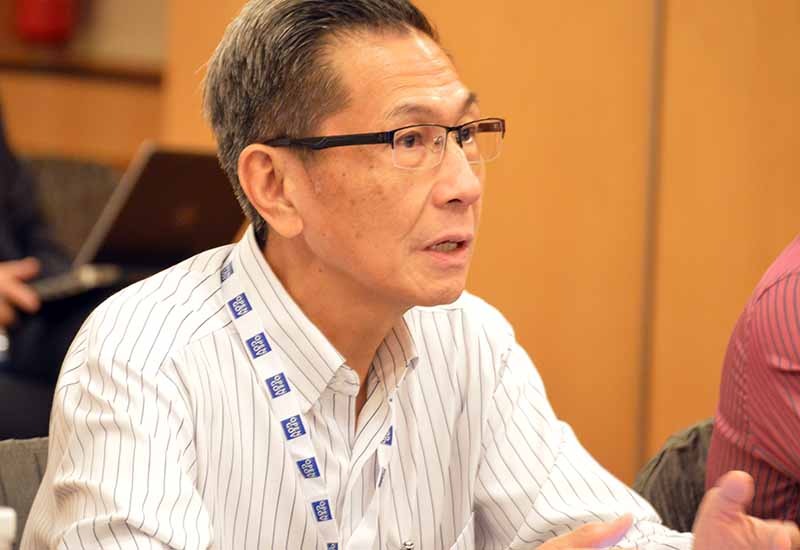
OpenGov recently sat down with Dr. John Kan, CIO, Information Technology Shared Services, A*STAR, who discussed with us about how his team is working to meet the high ICT demands from the next generation of researchers.
As the leading public sector agency driving research and innovation in Singapore, A*STAR is tasked with overseeing 18 biomedical sciences and physical sciences and engineering research entities. This leaves Dr. John Kan with the duty to help facilitate these findings through ICT implementation.
Providing Technical Support to the Research of Tomorrow
In the scientific world, researchers are dealing with petabytes (1015 bytes of data, 1,000 terabytes (TB) or 1,000,000 gigabytes)of data- demanding a great amount of computing power. Dr. John Kan and his team play an important role in supporting this research.
“My team helps to facilitate collaboration which will lead to new discoveries, in the areas of biomedical and physical sciences,” Dr. Kan told us.
While doing complex research, data needs to be sent across campuses, across the nation of Singapore, and other places throughout the world- all while keeping the data secure.
Dr. Kan’s role is to empower these researchers and provide them with the necessary ICT infrastructure which allows them to make new discoveries.
“We provide infrastructure and software services to support all the researchers to support their work,” said Dr. Kan, “For example, we create the high speed networks for data transfer, as the scientific world deals with large quantities of data that must be transferred not only within Singapore, but to the wider world.”
In addition to corporate services that his team provides, Dr. Kan provides scientific support through big data, information security, and big storage capacities.
“Today, there are many software applications that help researchers do certain things like DNA sequencing, mashing of different molecular organisms, design of turbines, weather simulation, and much more,” stated Dr. Kan, “We provide the tools and systems, computer power, and infrastructure, to allow this research to take place on a daily basis.”
Dealing with Big Data Analytics
When we think about big data today, there seems to be a feeling that the amount of data will cascade from all places with the ever increasing world of sensors, wearables, and connected devices.
“Today’s big data, may be tomorrow’s anybody’s data, “said Dr. Kan.
Singapore’s Smart Nation vision helps utilise the value of data through its insights. Data analytics is one of the pillars which drives Smart Nation.
Without it, A*STAR would not have been able to develop a data analytics tool which identified procurement anomalies- which has been deployed to several government agencies.
Some of the challenging factors in dealing with increasing amounts of data include power supply, battery life, and the fact that a lot of computers tend to generate a lot of heat.
Dr. Kan foresees a lot of areas where technology can be improved and eventually influence the work of researchers and scientists for the better.
A*STAR is at the forefront of these developments, speaking to the level of support they provide to their research institutes, as well as government agencies.
The Needs of the Next Generation
When asked about the changing needs of researchers, Dr. Kan told us that his team is looking for faster systems with scalability to meet their big data needs.
“We try to facilitate R&D to produce economic outcomes for Singapore. I think their needs are more demanding as they need to do more with less, run faster, and they are trying to come up with more commercialized patents and research,” said Dr. Kan.
It is believed by some that a project can be something interesting- but it would be more valuable with a more commercial element to it. This is why the demands for faster and more powerful computing is growing greater.
Government seems to be riding this same trend as they view innovative research as an opportunity for greater economic stimulation.
“[Government is interested in research] for the sake of applying knowledge so that it benefits society, and the country’s positioning in the region,” Dr. Kan emphasized.
Dr. Kan’s team is observing a trend towards getting researchers to better communicate their research aspects and deliverables in more laymen’s terms. What this means is that the research would produce a more digestible outcome.
“For example, instead of using terms such as gigahertz or gigabytes to describe the size of a file, it might translate to say that I can send a video file in 1 minute rather than waiting 2 hours to download it from the internet,” stated Dr. Kan.
With the National Supercomputing Centre (NSCC) launching in the middle of this year, A*STAR will be scaling up its global recognition and its research capabilities.



